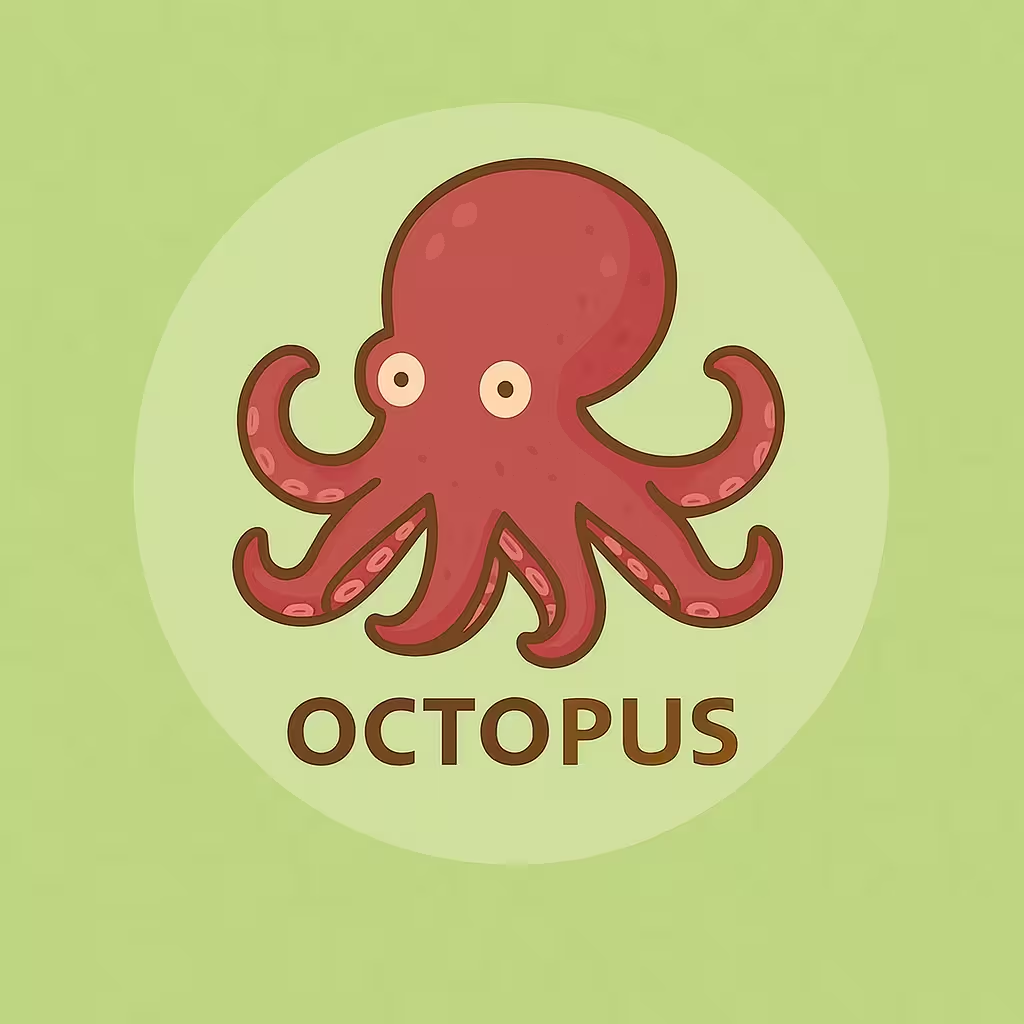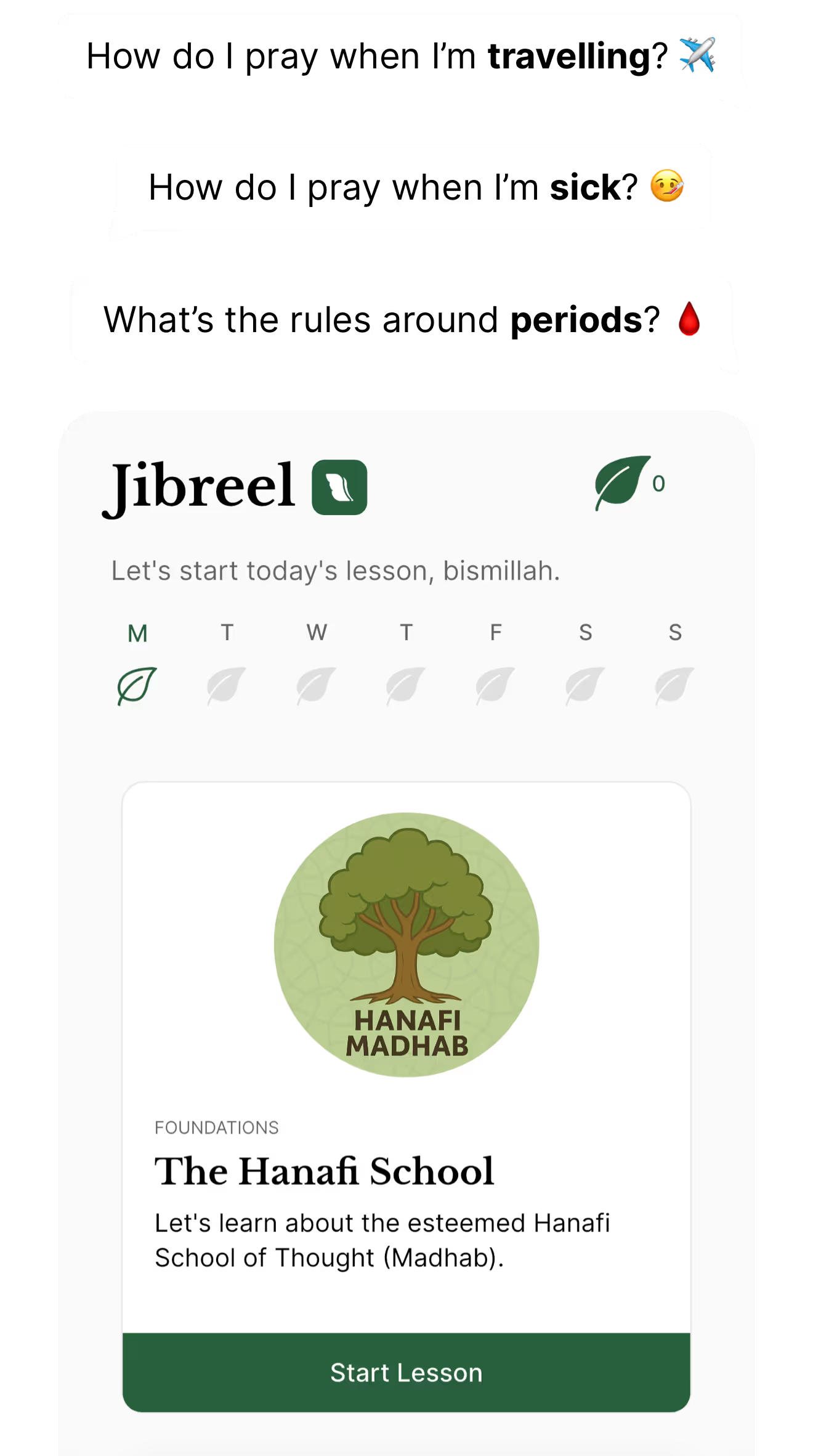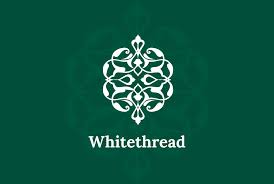Many Muslims wonder “is octopus halal or haram?” – especially those following the Hanafi school of thought.
According to Hanafi fiqh (jurisprudence), eating an octopus is not permissible.
The Hanafi school limits halal (permissible) seafood to only those creatures classified as fish (Arabic: samak). Since an octopus is not considered a fish, Hanafi scholars conclude that it is impermissible or disliked and sinful to consume.
In this article, we explain the Hanafi ruling on octopus in simple terms, delve into the reasoning behind it, and provide scholarly evidence for this position.
Hanafi Guidelines for Seafood: Only Fish Are Halal
In the Hanafi school, the general rule is that only true fish are halal to eat from all sea creatures. This principle comes from classical interpretations of Islamic sources. For example, the Quran states:
"You are permitted to catch and eat seafood—an enjoyment for you and the traveller"
Surah Al-Ma'idah (5:96)
Hanafi scholars interpret seafood to refer specifically to fish and not every sea animal. In other words, when it comes to seafood, Hanafis restrict permissibility to what was traditionally recognized as fish.
This conservative approach means that creatures like shellfish, squid, and octopus are excluded. Hanafis look at how Arabs at the time of revelation classified sea animals: anything not seen as a fish was regarded as unsuitable for consumption.
Over centuries of Hanafi scholarship, this translated into a clear rule: if it’s not a fish, it’s not halal.
One notable discussion within Hanafi circles is about shrimp/prawns, which some scholars consider a type of “fish,” leading to differing opinions on prawns’ permissibility. However, aside from such exceptions, the Hanafi stance on seafood remains strict – fish are allowed, and all other aquatic creatures are off-limits.
Octopus in Hanafi Fiqh: Halal or Haram?
So, is octopus halal or haram for Hanafis? Based on the above principle, an octopus is not halal in the Hanafi school.
Octopus (as well as similar sea creatures like squid and mussels) do not fall under the category of fish, so they are considered impermissible to eat.
It’s important to clarify that this ruling isn’t due to any specific mention of the octopus in foundational texts, but rather due to the general Hanafi criteria for halal seafood.
The ruling covers all forms of octopus and related cephalopods, whether cooked as a dish (like grilled octopus or takoyaki) or used as an ingredient.
Conclusion: The Hanafi Stance on Octopus
In summary, Hanafi Muslims do not consider octopus halal.
According to Hanafi fiqh, only fish are permissible seafood, and an octopus is not a fish by definition.
Therefore, eating octopus (or dishes containing it) would be against Hanafi dietary rules. This ruling is rooted in classical interpretations of Islamic texts and a conservative approach to seafood.
While you may encounter differing opinions in other schools, it’s important to remember that the Hanafi position is strict on this matter. When in doubt, consult you local Imam for clarity.









